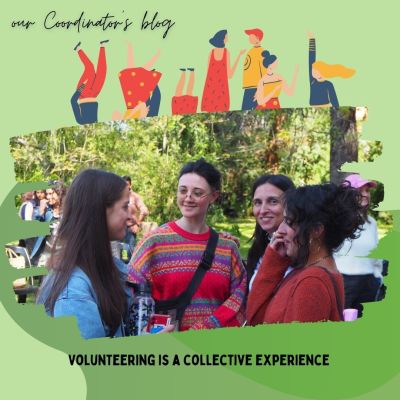This week has seen all the candidates finish their campaigns, but the election result is seemingly a foregone conclusion. The incumbent president, Cristina Fernandez de Kirchner already has a vast lead over any of her closest rivals. Recent polls say that the Centre-Leftist president is set to win by a landslide margin of more than 50%. Despite her fairly controversial economic policies and fierce, combative leadership, the president looks to have taken advantage of a split opposition, seemingly unable to offer a better alternative for the Argentine people. It is evident that the lowest unemployment rate in 20 years has helped her cause immensely as the working class population has come out in their droves to support her next term in office. However, there are other notable candidates running for president against the Kirchner regime. The three most notable being ex-president Eduardo Duhalde , Ricardo Alfonsín, and Hermes Binner. But, with Hermes Binner at nearly 40 percentage points behind the president elect in second place, the result is almost already a foregone conclusion. This Sunday, Kirchner needs only a 10% lead over any of her nearest rivals when the voting public goes to the ballot box in order to be guaranteed of a second presidential term. It seems that the president is capitalising on a 20 year low in unemployment and a promise to control the spiraling rate of inflation with her state-focused economic policies which underpin her aggressive high-spend and high-growth plan. Cristina has focused much of her campaign on the lower classes where she has implemented a welfare scheme and introduced wage rises to help them cope with the ever increasing cost of living. It is this policy, coupled with a largely ineffective opposition which ultimately looks set to get her re-elected by the end of this weekend.
Argentina National Elections: Who looks set to win?
Latest from Voluntario Global
Related items

Volunteering as a Learning Process. Part III
By Abigail Parodi . in Voluntario Global Info
Unlocking potential through pedagogical navigation: embracing challenges and opportunities in international volunteering.

Pensar el voluntariado como una experiencia colectiva
By Abigail Parodi . in Voluntario Global Info
Siempre decimos que el voluntariado es un proceso de aprendizaje, y un proceso de aprendizaje jamás sucede de manera aislada. Por lo tanto el voluntariado también es una experiencia colectiva.

Volunteering as a collective experience
By Abigail Parodi . in Voluntario Global Info
As we always say, volunteering is a learning process. And a learning process is never isolated. Volunteering is also a collective experience signed by the relation we'll create with the communities we'll work with.
VOLUNTARIO GLOBAL
Voluntario Global helps local communities by being available to discuss anything that local organizations need, and offering ideas for further change and development.
Read more...
CONTACT
Location: General Pacheco. Buenos Aires. Argentina
Email: This email address is being protected from spambots. You need JavaScript enabled to view it.

